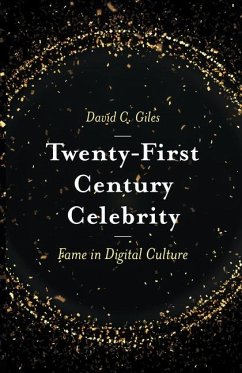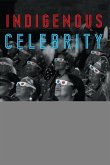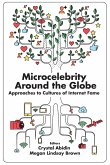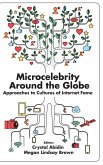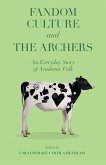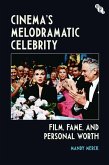Over the first two decades of the 21st century, celebrity has undergone significant changes as mass media have shifted from a restricted broadcast model to a digital free-for-all. Existing celebrities have been forced to adapt their style of presentation to suit a more interactive environment where fans expect continuous access, while the emergent social media have generated new forms of celebrity that reflect the unique affordances of YouTube, Instagram and other platforms. In this book, David Giles argues that these developments are best understood by rethinking traditional concepts of media and audience in order to explain how a platform like YouTube has evolved its own media culture that affords a different type of celebrity to those associated with cinema, radio and television. Above all else, the 21st century celebrity is valued more for their (apparent) authenticity than for their glamour or talents, and Giles examines how that authenticity is a carefully crafted performance. Drawing extensively on the burgeoning celebrity studies literature, he explores the impact of digital culture on earlier concepts like parasocial relationships and celetoids as well as critiquing more recent ideas such as microcelebrity.

